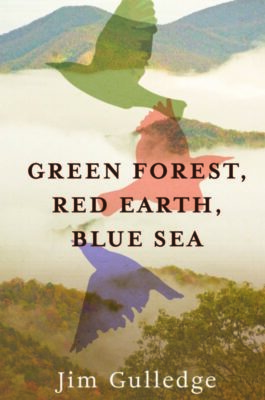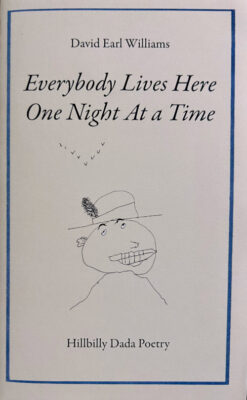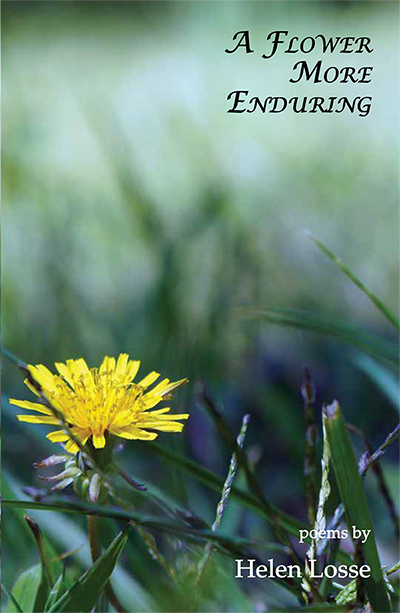The Dead Mule spoke with Mule writer and author Phillip Thompson after reading his latest thriller Outside the Law, released this month (Feb 2017) by Brash-Books.com. A review of Outside the Law is included in this issue of the Mule. Yeehaw for Mule writers. The bold script contains our questions/commentary and the regular script is Mr. Thompson’s response to us. *
How important is “Place” to you when setting up a scene? You nail scenes in this novel, just eloquent and perfectly set up the “where” of each action. Of course, I know the South, I can see the places but I think the writing reflects an innate ability to set us in the place of action, it’s almost as if it is effortless to you, but I know it’s carefully done and deliberate.
I always start with “place” when I’m trying to write something out. When I was at the Bread Loaf Writers Conference, one instructor said I tended to write like a playwright – and I still don’t know if he meant it as a compliment – in that I tend to set the scene first. I suppose that comes from the way I view the world, and being a big fan of movies and how they are made.
For me, a sense of place is everything. Knowing where you come from, and I don’t mean just the geography. It’s the environment, the society and its mores that produced you and makes you a part of it. I grew up in east Mississippi, about a mile from the Alabama state line. A mile. Yet, “we” — the people in my community — referred to people who lived almost within sight of us as “them Alabama folks.” Why? They weren’t from our place. That’s not necessarily a negative, it’s just a way we expressed our identity. The Alabama folks did the same with us, I’m sure.
A sense of place anchors a story, puts a mark on it. Larry Brown did this about as well as anybody, and when I first read his fiction, I fundamentally changed my approach to writing because he wrote about a place as much as he wrote about the characters that inhabited that place. And he did so with an authenticity that practically hummed when you read the words. It blew me away.
Why do you think Place features so prominently in Southern novels, or do you think it is more important in southern novels (am I just trying too hard to find something that differentiates southern from other novels?)
Well, I think it’s important and I do think we Southerners tend to make it a central theme, and that’s because — not to talk bad about any other part of the country — the South is, still, a little apart. Some of our uniqueness has been turned into cliche: our accents (and there isn’t just one “Southern accent”) and our passionate religiosity and conservatism, for example. Yet, we do things just a little bit different down here. I can’t think of the South without thinking of heat, humidity and kudzu. And snakes. I usually write stories that take place in the summer in the midst of all that heat, dread, and passion barely suppressed. Because, frankly, the South in winter is pretty dull stuff.
The South has always been a little different, a place of fierce pride and loyalties — which sometimes turn into breathtakingly violent episodes — a place with a difficult, tragic, complicated racial past, a stubborn independence, and a devotion to kinfolk. The South is full of dialect, drama, love and anguish. And, of course, snakes. That’s the bedrock of storytelling, and I think Southern writers start there.
I really enjoyed the chapter set-up in Outside the Law, each character “owning” the chapter. Any thoughts on what inspired this or did it just come naturally?
I wish I could take credit for that. A few years back, I read The Gypsy Man, by Bob Bausch (who was one my writing instructors/mentors), and he wrote it from several points of view, with each chapter being a different character’s POV. Except the entire book was written in first person. For some reason, I’ve also found first-person writing in the long form to be difficult, but I loved the structure of The Gypsy Man. So I tried my hand at it, but stuck with third person. I like it. It’s a great way to step into an individual characters shoes.
I hate trying to come up with questions, they always seem the same — do you write every day, how does that work out for you, why are you a writer, questions every writer gets asked but hey, I like that last one
Why are you a writer?
Short answer: I have no idea. I’m not good at math and science? I get asked that a lot, and it’s a little bit of my way of finding some sort of order in the chaos of the world, I suppose, and there’s definitely a compulsive aspect to it. I write because I can’t imagine not writing. I always have words in my head and it’s only a matter of time before they find their way into a story.
A big part of why I’m a writer is because I’m a reader. As a kid, I read constantly. And I mean, constantly. Ask my cousins. Reading is a portal, and it was my escape mechanism. And at some point, I think in the eighth grade, I wrote a short story, which was heavily influenced by Alfred Hitchcock magazines that I read each month. I did that all through high school and college — mostly reading, but occasionally trying to write something. None of which was any good.
But I can remember the moment I wanted to be a writer. I grew up reading tons of pulp fiction: Mickey Spillane, the Hitchcock magazines. Lots of mysteries and thrillers. When I was in the Marine Corps, in my 20s, I was assigned to a base in San Diego for a few days and I went to the PX to find something to read. I stumbled across a paperback, Barrier Island, by John D. MacDonald. I’d never heard of either. But it was a crime novel set in Mississippi. And it was awesome. And a few months later, when I was deployed aboard ship, the ship’s store had several of MacDonald’s Travis McGee novels. I read one, then another, then I was hooked. And I remember thinking, “I want to do that.”
*If you’ve been in the Dead Mule and you’re a published author and would like to discuss your book on the Dead Mule, contact us via submittable or by email deadmule at gmail, you know the rest. Sorry, we don’t review Chapbooks at this time.







